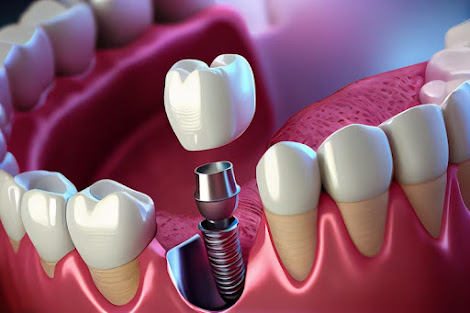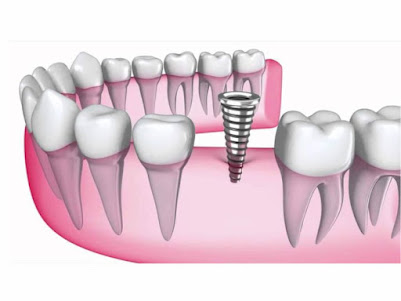Urgent Relief: Navigating Dental Emergencies with Expert Care – Your Guide to Emergency Dentistry
Dental emergencies can strike at any time, causing pain and discomfort that requires immediate attention. Knowing how to navigate these situations with expert care can make a significant difference in preserving your oral health. Here, we'll explore common dental emergencies at Pinnacle Dental Plano, offer practical tips for managing them, and emphasize the importance of seeking professional assistance promptly.
Understanding Dental Emergencies:
Emergencies Dentist Plano can take various forms, including severe toothaches, knocked-out teeth, chipped or broken teeth, and injuries to the gums and jaw. Recognizing the urgency of these situations is crucial in determining the appropriate course of action.
Immediate Steps for Common Emergencies:
a. Toothache: Rinse your mouth with warm water, gently floss to remove any debris, and use a cold compress to reduce swelling.
b. Knocked-Out Tooth: Handle the tooth by the crown (not the root), rinse it gently with water, and try to reinsert it into the socket. If this isn't possible, place it in a container with milk or a tooth preservation product.
c. Chipped/Broken Tooth: Save any broken pieces, rinse your mouth with warm water, and apply a cold compress to reduce swelling. Seek dental care immediately.
d. Soft Tissue Injuries: Clean the area with warm water, apply a cold compress, and visit the dentist promptly for further evaluation.
When to Seek Professional Help:
Dental emergencies require professional attention. It's crucial to contact your dentist immediately or visit an emergency dental clinic. Timely intervention can prevent complications and save your tooth.
The Role of Emergency Dentists:
Emergency dentists specialize in handling urgent oral health issues. They are equipped to address a wide range of emergencies, providing prompt and effective care to relieve pain and prevent further damage.
Preventing Dental Emergencies:
While some emergencies are unavoidable, there are measures you can take to minimize the risk of dental mishaps. This includes wearing a mouthguard during sports activities, avoiding chewing on hard objects, and maintaining regular dental check-ups for preventive care.
Teleconsultations and Emergency Dentistry:
In some cases, a teleconsultation with a dentist may be an initial step to assess the situation and determine the appropriate course of action. This can be particularly beneficial in cases where immediate in-person care may be challenging.
Costs and Insurance Coverage:
Understanding the potential costs of emergency dental care is essential. Check your dental insurance coverage and be aware of any out-of-pocket expenses. Many dental practices offer flexible payment options to accommodate urgent situations.
Building an Emergency Dental Kit:
Prepare for dental emergencies by assembling a kit that includes essentials such as gauze, a small container with a secure lid, pain relievers, and the contact information of your emergency dentist.
Conclusion
Dental emergencies can be stressful, but with the right knowledge and prompt action, you can navigate these situations with expert care. Remember, seeking professional help quickly is the key to preserving your oral health and preventing further complications.
In conclusion, a proactive approach to dental emergencies, combined with timely professional care, ensures the best possible outcomes for your oral health. Stay informed, be prepared, and don't hesitate to reach out to your emergency dentist when urgent situations arise.




Comments
Post a Comment